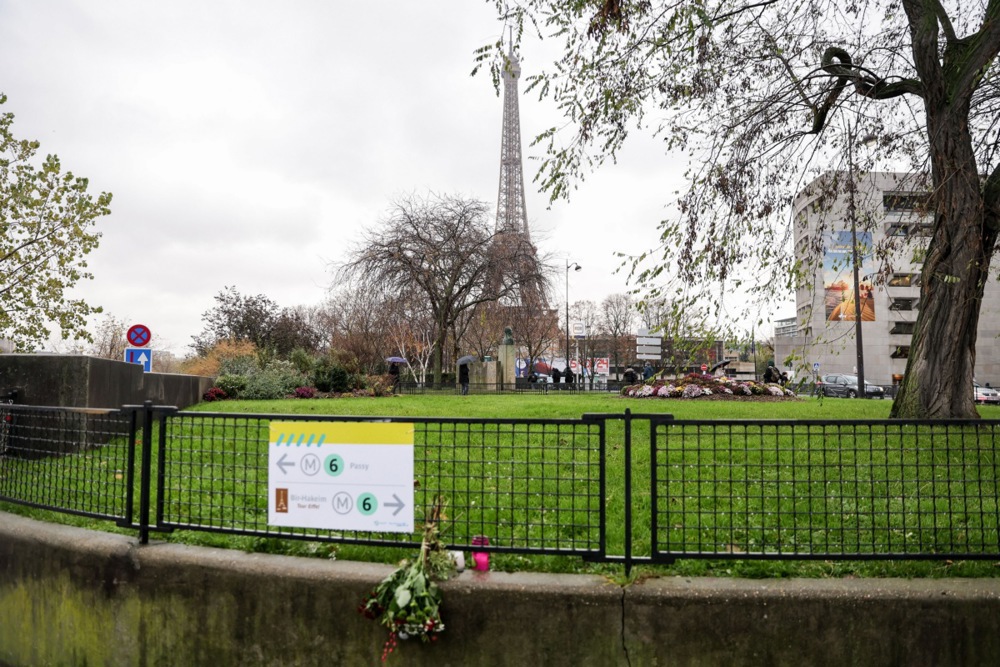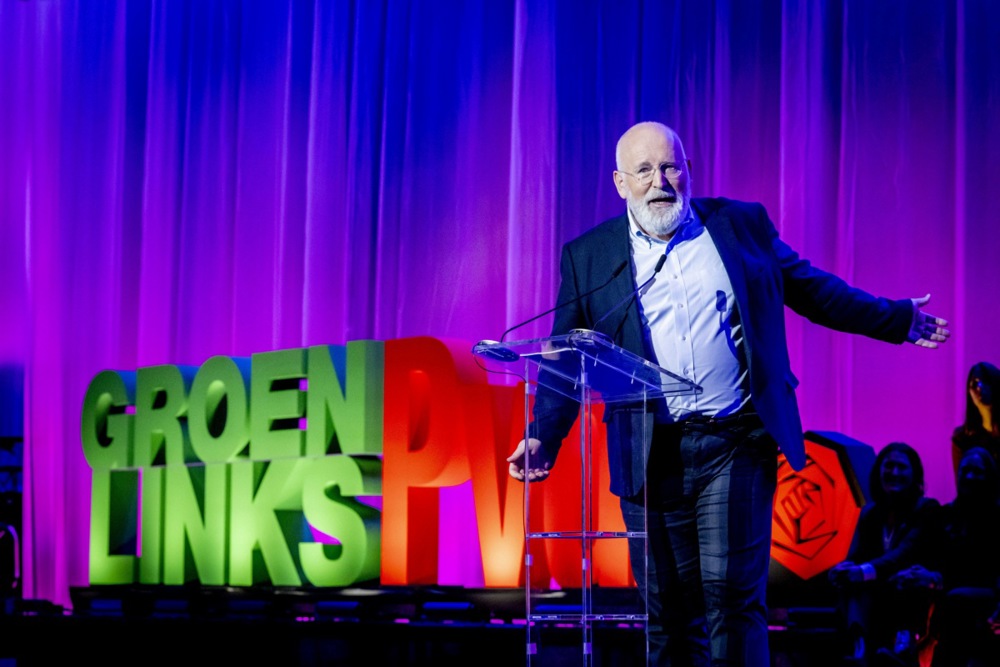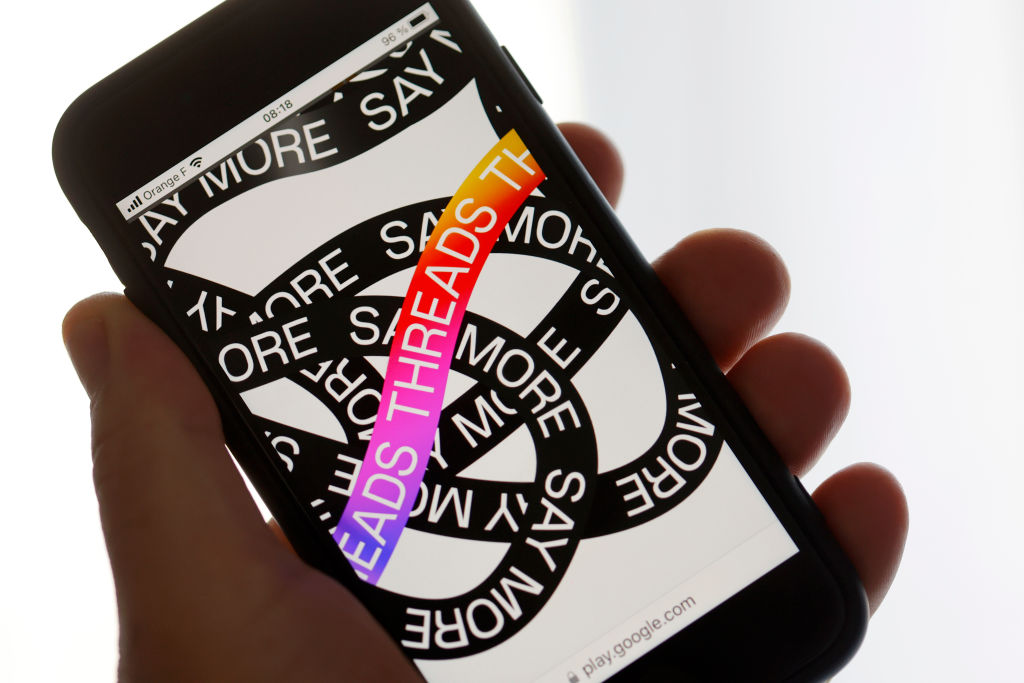Dutch Prime Minister Mark Rutte’s outgoing Government is considering banning the use of Facebook for all public authorities.
The debate reportedly comes over “serious doubts” about how privacy-sensitive data is handled, concerns that have persisted for several years.
Dutch daily De Telegraaf said negotiations with Facebook parent company Meta are not having the “desired effects”.
Outgoing State Secretary for digitalisation Alexandra Van Huffelen said: “In 2017, the Personal Data Authority found that Facebook Pages was in violation of the AVG in two areas: on informing users and processing sensitive data.” The AVG is: “De Algemene Verordening Gegevensbescherming” (The General Data Protection Regulation).
Adjustments made by Meta did not address the problem, it was stated and, in fact, further errors were discovered.
Van Huffelen pointed to criticism in other nations: “The German regulator was very clear in 2019 about the processing responsibility of administrators of Facebook Pages and the Norwegian regulator also ruled on this in 2023,” she said.
“Following these rulings, the Dutch Government conducted a privacy risk assessment on the use of Facebook Pages, a so-called DPIA [Data Protection Impact Assessment].” That risk assessment showed that many problems remained, she said.
In negotiations between Meta and the Dutch Government, the US giant contested the claims by the authorities and the issue was sent to the Personal Data Authority (AP), a supervisory body. Its final report is “imminent”.
In the meantime, rumours continue to swirl about a possible Meta exit.
All Dutch ministries must now determine what might happen if they stopped using Facebook – and not only Facebook.
If investigations conclude that using X also entails “hazards”, the Government may decide to outlaw that platform as well.
“At this time, the Home Office is not conducting any additional substantive investigations into social media platforms,” Van Huffelen declared. “However, we are closely monitoring developments.”
Chinese social media product TikTok has already been banned for government employees’ official use, apparently over potential “espionage” concerns.
Van Huffelen, of the progressive left-liberal D66 party, left X at the end of January because, she said, it does not “follow European rules” and owner Elon Musk does not want to have talks about such.
She claimed the company’s current policies have led to a surge in hate speech, disinformation and fake accounts.
Together with a series of governmental organisations, she moved to the social media platform Mastodon, where her following is a fraction of what she had on X.
That platform has also recently been plagued by security issues, with an alleged severe vulnerability potentially allowing attackers to take over Mastodon accounts remotely.





